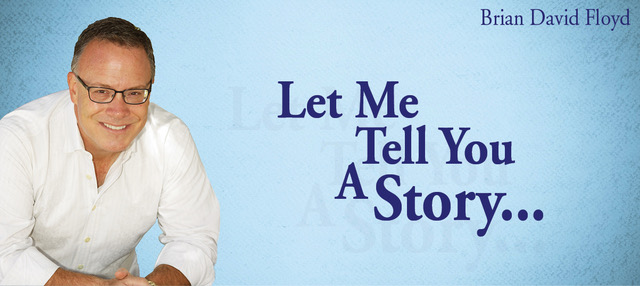As a student at Norco High School, I had to read The Great Gatsby for my American Literature class. I don’t recall if I read the entire novel or not. I probably read most of it and let the movie, starring Robert Redford as Gatsby, fill in the rest. When the version with Leonardo DiCaprio came out in 2013, I wanted to revisit the novel. I finally got around to it at the end of last year. I’m glad I did.

F. Scott Fiztgerald’s The Great Gatsby is such an interesting story. It’s about money and class. It’s about love, lust, and obsession. The characters are real, self-righteous, and broken. While the story takes place in New York of the 1920s with all of the excesses of the mega rich, it mirrors much in American society and the human experience of today.
The Great Gatsby focuses on extremely affluent characters but is narrated by Nick Carraway who is not. While Nick is a Yale graduate from successful means, he is in no way rich like the characters he encounters. His point of view helps to shine a light on the divisions among the rich and how they treat other people and view the world around them.
There are two kinds of rich in Fitzgerald’s novel, as there are in our world: those of old money and those of new money.
Jay Gatsby, the great one of the title, may be extremely wealthy, but he’s new money. Gatsby made his fortune. He wasn’t born into it. Because of this, the old money rich as personified by Tom Buchanan will always look down his nose at the Gatsby and others considered to be new money.
As far as the lower classes go, Buchanan and the old money see them as pawns in life. They are expendable, as is shown in his dealings with gas station owner George Wilson and his wife Myrtle. The new rich like Gatsby also don’t spend much time thinking of the lower classes either. They are a constant reminder of from whence they came. Money does indeed change people.
The heart of The Great Gatsby appears to be a love story, but I found very little love in it. Instead in my reading, I saw plenty of lust and obsession. Love was absent from this story unless you count the affection that Nick Carraway develops for Gatsby. But even that affection is coupled with a certain amount of resentment.
Jay Gatsby is obsessed with Daisy, Tom Buchanan’s wife. She’s the one that got away from him when he was poor. He’s built his fortune in great part to join Daisy’s social class and win her back. But Gatsby’s new money, not old and therefore can’t ever really be her equal. Gatsby mistakenly believes his obsession obtaining Daisy as he has his mansion and all its possession is love. It’s not.
Tom’s love for Daisy also isn’t genuine. While he can chastise Gatsby for trying to steal his “love” away, Tom is a philanderer and has had multiple affairs during his marriage to Daisy. He doesn’t see this as a hypocrisy however because he’s rich, specifically, he’s old money. Old money then, as now, plays by a different set of rules.
There were other parts of the book that reflect upon our society today. At the beginning of The Great Gatsby, our narrator Nick goes for lunch at Tom and Daisy’s home and the following exchange takes place:
“Civilization’s going to pieces,” broke out Tom violently. “I’ve gotten to be a terrible pessimist about things. Have you read ‘Rise of the Colored Empires’ by this man Godard?
“Why, no,” I answered, rather surprised by his tone.
“Well, it’s a fine book, and everybody ought to read it. The idea is if we don’t look out the white race will be — will be totally submerged. It’s all scientific stuff; it’s been proved.”
Later on, during an incredibly hot day, these words on what we would now call “climate change” come up.
“I read somewhere that the sun’s getting hotter every year,” said Tom genially. “It seems that pretty soon the earth’s going to fall into the sun — or wait a minute — it’s just the opposite — the sun’s getting colder every year.”
These passages got me thinking: Do human beings and the thoughts that occupy our time ever really change?
Do we always treat people based on the social class or ethnicity we assign them to? Do we call something love when it’s actually something darker like lust or obsession?
Perhaps these are timeless questions and timeless issues. Did F. Scott Fitzgerald observe this or innately understand it? Regardless, such timeless subject matter might explain why 92 years after it was published we are still reading The Great Gatsby and adapting it for stage and screen.
What are your thoughts on The Great Gatsby? Please let me know in the comments below.
Also, if you haven’t read my new ebook Why We Need Great Stories, click this link to get your free copy.
